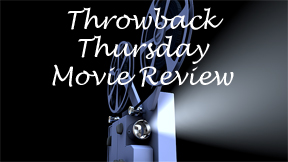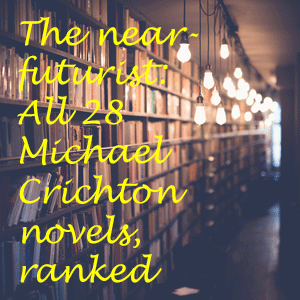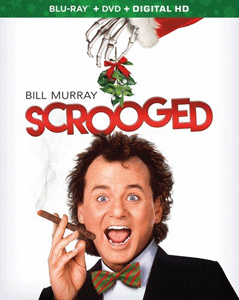Director Richard Donner’s “Scrooged” (1988) reimagines Charles Dickens’ “A Christmas Carol” with a cynical 1980s edge, without sacrificing the timeless message. Bill Murray is the perfect actor for this material, because he can add humor to a project without sacrificing the emotions. He would later do this masterfully in “Groundhog Day” (1993) – which also has a Dickensian quality – and “Lost in Translation” (2003), to name a couple.
The screenplay, credited to Michael O’Donoghue (who disowned the finished film) and Mitch Glazer, is more workmanlike than it is brilliant. In fact, if someone other than Murray played Frank, “Scrooged” might not be a comedy at all. It initially features smart satirical barbs about the TV industry, but it ends on a much simpler (and unsupported) anti-TV message. In 1988, it was easy and common to say “TV will rot your brain,” and “Scrooged” is content to land there.
Eighties workaholic
Murray’s Frank is an exec at IBC, a stand-in for the Big Three networks. Only interested in ratings, he fires employees who have differing opinions (like Bobcat Goldthwaite’s Eliot) and abuses employees he can’t afford to fire (like Alfre Woodard as super-secretary Grace).

“Scrooged” (1988)
Director: Richard Donner
Writers: Mitch Glazer, Michael O’Donoghue; based on Charles Dickens’ novel “A Christmas Carol”
Stars: Bill Murray, Karen Allen, John Forsythe
An example of that perfect Murray balance can be found in the early satirical portion. Frank’s boss (Robert Mitchum), enamored by the large numbers of cats and dogs in the U.S., decides pets are the future of high-rated programming. He insists that Frank add door mice to IBC’s live Christmas Eve presentation of “Scrooge.”
Murray’s expression cues us that Frank (like us) believes his boss is nuts. But he’ll do it – whatever it takes to maintain his position of power and keep making money in that Eighties “get ahead” style.
That value system is still present today, of course, but it’s neat to see a 1988 network TV operation. This was the heyday of the Big Three as opinion leaders in everything from news spin to advertising of products. Frank wants “Scrooge’s” promos to make people feel like they have to watch it, not merely want to watch it.
Holiday pay
Later, “Scrooged” takes the position that it was wrong for Frank to schedule a live Christmas Eve program, both because it makes IBC employees work on the holiday and because it has people watching TV instead of doing family activities.
I disagree with both of those sentiments. Some people have to work on holidays (no one really wants hospitals closed on Dec. 24-25, for instance), and they are not lesser people for doing so. And the live “Scrooge” sounds like a family friendly program.
But it fits with the anti-work attitude of “Scrooged.” Frank had blown his chance with Karen Allen’s Claire because he always put work first. I’m not particularly convinced that Claire would be into Frank at all – I’d think she’d be harder to win over than “Groundhog Day’s” Andie MacDowell. But with Murray being goofily charming, it’s barely plausible, even with Frank’s ridiculous hair as an IBC up-and-comer.

But “Scrooged” doesn’t lean on the romance. It also explores Frank not returning his brother’s love to the same degree. Generally – as the cliché goes – Frank has forgotten what’s important in life.
Energetic and edgy
Donner’s just-short-of-manic direction keeps up with smoking cab driver David Johansen as the Ghost of Christmas Past, and Carol Kane as a cutesy fairy version of Ghost of Christmas Present who is oddly violent toward Frank. Both characters could’ve been annoying in lesser hands.
The Ghost of Christmas Future (essentially Death on steroids) – as well as Frank’s visit from the rotting-corpse ghost of IBC’s founder – give “Scrooged” its reputation of being quite grim for a non-horror Christmas movie.
It also features a running gag where a poor stagehand is felled by “Home Alone”-style pratfall violence – totally undeserved in her case. But then later, she gets a little rapey under the mistletoe toward a colleague. He’s a bad guy played by smarmy-faced John Glover, so I guess it’s OK.
“Scrooged” is of-its-time with these gags and the satirical portrayal of peak network TV (which entirely softens by the end). It has also lost some status through the years because many Christmas films now have bite to them. (See “Die Hard” from the earlier in 1988 – although most people didn’t understand at the time that it’s a Christmas film — and “Home Alone” from two years later.)
Still, “Scrooged” has energy and a well-balanced tone wherein it’s both grim and good-hearted. It also has a secret weapon most Christmas films lack: Bill Murray at the peak of his powers.

